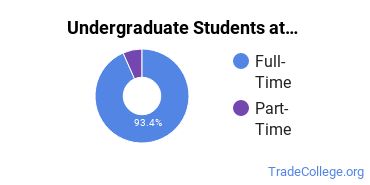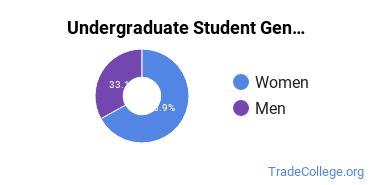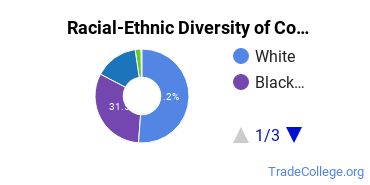Find Trade Colleges
Commonwealth Institute of Funeral Service Trade Programs
Commonwealth Institute of Funeral Service is a private not-for-profit institution situated in Houston, Texas. The location of Commonwealth Institute of Funeral Service is great for students who prefer living in an urban area.
Featured schools near , edit
Where Is Commonwealth Institute of Funeral Service?

Contact details for Commonwealth Institute of Funeral Service are given below.
| Contact Details | |
|---|---|
| Address: | 415 Barren Springs Dr, Houston, TX 77090-5918 |
| Phone: | 281-873-0262 |
| Website: | www.commonwealth.edu |
Can I Afford Commonwealth Institute of Funeral Service?
| In State | Out of State | |
|---|---|---|
| Tuition | $15,213 | $15,213 |
| Fees | $100 | $100 |
Student Loan Debt
It's not uncommon for college students to take out loans to pay for school. In fact, almost 66% of students nationwide depend at least partially on loans. At Commonwealth Institute of Funeral Service, approximately 63% of students took out student loans averaging $1,940 a year. That adds up to $7,760 over four years for those students.
Commonwealth Institute of Funeral Service Undergraduate Student Diversity

Gender Diversity
Of the 234 full-time undergraduates at Commonwealth Institute of Funeral Service, 27% are male and 73% are female.

Racial-Ethnic Diversity
The racial-ethnic breakdown of Commonwealth Institute of Funeral Service students is as follows.

| Race/Ethnicity | Number of Grads |
|---|---|
| Asian | 1 |
| Black or African American | 59 |
| Hispanic or Latino | 33 |
| White | 138 |
| International Students | 0 |
| Other Races/Ethnicities | 3 |
Commonwealth Institute of Funeral Service Trade School Concentrations
The table below shows the number of awards for each concentration.
| Major | Basic Certificate | Associate’s | TOTAL |
|---|---|---|---|
| General Funeral Service & Mortuary Science | 46 | 146 | 192 |
| TOTAL | 46 | 146 | 192 |
References
*The racial-ethnic minorities count is calculated by taking the total number of students and subtracting white students, international students, and students whose race/ethnicity was unknown. This number is then divided by the total number of students at the school to obtain the racial-ethnic minorities percentage.
More about our data sources and methodologies.
